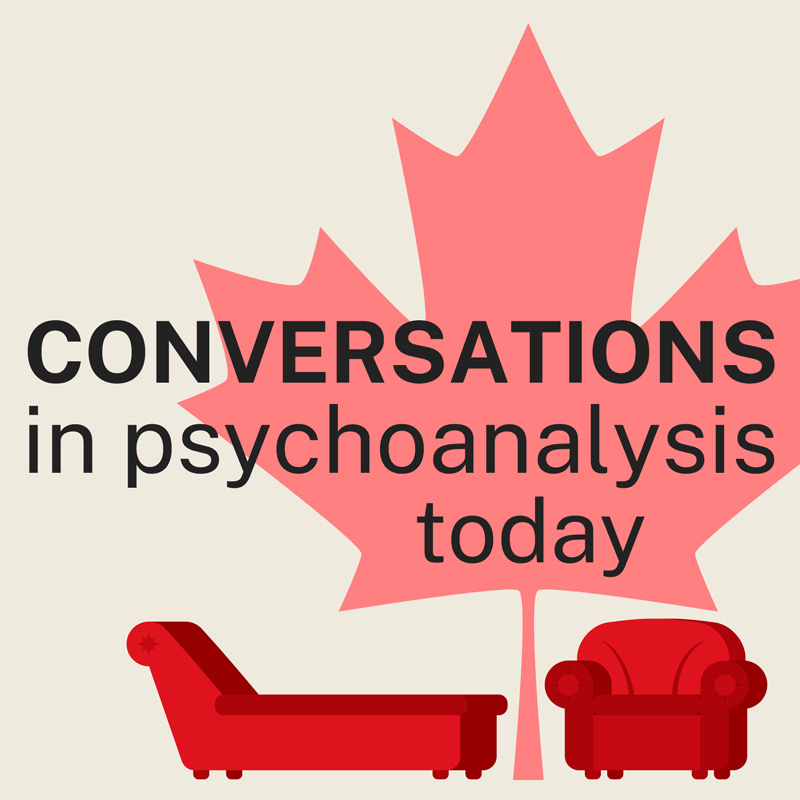What is Psychoanalysis?
Psychoanalysis is a therapeutic treatment developed by Austrian physician Sigmund Freud beginning in the 19th century. Since that time, Freud’s heirs have continued to develop, deepen, challenge, and revise its methods and theories. Beyond the clinic, the psychoanalytic way of thinking is are used in many contexts, from cinema and literature to politics and social issues.
The Unconscious
Psychoanalysis as a treatment is based on the observation that people are often unaware of many of the factors that determine their emotions and behaviour. These “unconscious” factors may be the source of considerable distress and unhappiness in the form of problematic symptoms, troubling behaviours, difficulties in work or in relationships, or disturbances in mood and self-esteem.
Why Psychoanalysis?
People seek psychoanalysis for many reasons. People who are severely and chronically anxious or depressed, people who have repeated difficulties in relationships, people who have difficulty forming any relationships at all, or people who feel an unexplained emptiness in their lives can benefit significantly from psychoanalytic treatment.
The Transference, Dream Interpretation
In the course of intensive psychoanalytic treatment, the relationship which develops between patient and analyst will display features deriving from the “internal world” of the patient, or “analysand,” and thus be made available for exploration. This is called “transference.” As a result of this unique transference situation, it becomes possible for the analysand to understand and transform core patterns and experience meaningful change. Psychoanalysis involves the patient’s free association—saying whatever comes to mind—as well as dream interpretation, analysis of defenses and conflicts, and other techniques.
Psychoanalysis – Frequency and Length of Treatment
Psychoanalysis involves scheduling regular 45- or 50- minute sessions three to five times a week for a number of years, the length and frequency depending on the analyst, treatment requirements, and what the patient can afford. The commitment to analysis is a serious one on the part of both patient and analyst.
Psychoanalytic Psychotherapy
Psychoanalytic Psychotherapy generally involves fewer sessions per week. Some patients start with one session a week and later more to more frequent sessions or to a full psychoanalysis.
Couples Counselling, Family Therapy, Group Therapy
Aside from engaging in individual talk therapy, there are psychoanalysts who provide couples counselling, family therapy, group therapy, as well as those who work with organizations, large groups, and even diplomacy and conflict mediation.
Evidence-Based Research
Recent studies provide compelling evidence that psychoanalysis results in long-term, deep, psychological change, symptom reduction, and lasting improvements in relationships, work, and overall well-being.
Psychoanalytic treatments have been regularly compared to other treatment methods in recent decades, such as Cognitive Behaviour Therapy [CBT], Dialectical Behaviour Therapy, [DBT], Interpersonal Therapy [IPT]) or medication with anti-depressants, or major and minor tranquilisers for anxiety symptoms.
Psychoanalytic treatments do at least as well as and often better than other modalities in achieving and maintaining treatment gains. People who have undergone psychoanalysis continue to make gains long after treatment has ended. (See the research review “Empirical Status of Psychoanalytic Treatments.”)
What is the Outcome of Psychoanalytic Treatment?
For anyone considering entering a psychoanalytic treatment, the question about a beneficial outcome is a highly legitimate one, because entering such treatment requires investment of considerable time and – usually – financial outlay. It is thus crucial to enter treatment with a well-qualified, psychoanalytically-trained clinician. CPS analysts are all members of the International Psychoanalytical Association.

